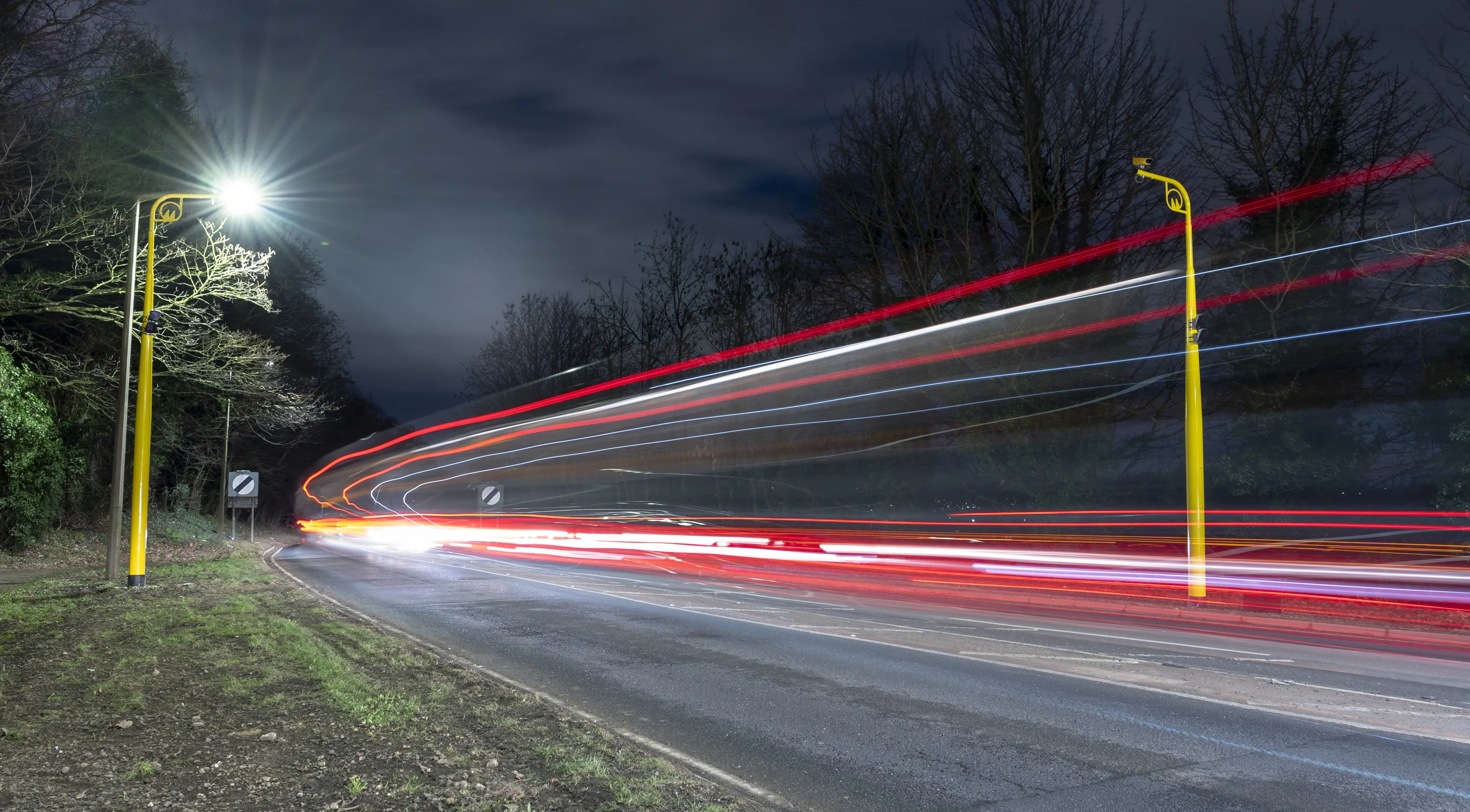There should be greater use of intelligence-led policing to catch drink drivers who repeatedly and excessively flout the law, according to road safety charity
The call from the IAM comes as new figures published by the Department for Transport show the number of fatal accidents involving drink drivers last year falling by five per cent, from 220 in 2011 to 210 in 2012. In the same period, the number of people killed in drink drive accidents decreased by four per cent, from 240 per cent to 230 per cent. The fall follows a year where the number of fatal accidents and killed casualties remained static over 2010.
IAM director of policy and research Neil Greig said: “No doubt the lack of progress in reducing drink drive related deaths will once again spark debate on lowering the limit.
“A new limit will reinforce the message that drink driving is anti-social but it is not clear how it will impact on those who ignore the current limit and who are responsible for the most serious crashes. Intelligence led policing targeting the criminal minority does seem to be delivering and must be enhanced in the future.
“Reducing the limit further may give people a reassurance, but for some that won’t stop them. Knowing there is a greater chance of getting caught, that the police are specifically targeting the persistent few and there is no hiding place for them, is the real answer to taking the long-term risk takers off the roads for good.”
IAM calls for greater focus on intelligence led drink drive enforcement
There should be greater use of intelligence-led policing to catch drink drivers who repeatedly and excessively flout the law, according to road safety charity Institute of Advanced Motorists (IAM). The call from the IAM comes as new figures published by the Department for Transport show the number of fatal accidents involving drink drivers last year falling by five per cent, from 220 in 2011 to 210 in 2012. In the same period, the number of people killed in drink drive accidents decreased by four per cent,
August 8, 2014
Read time: 2 mins








